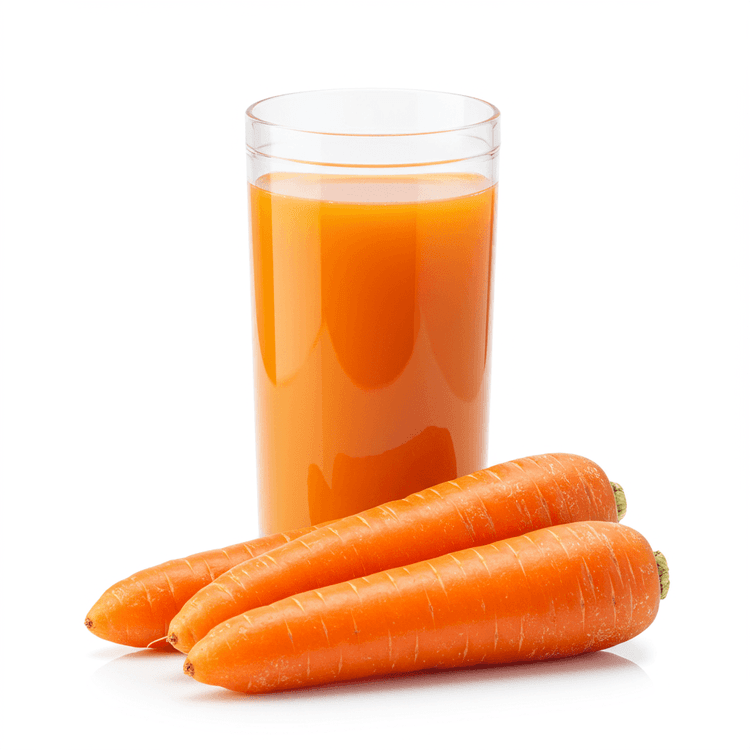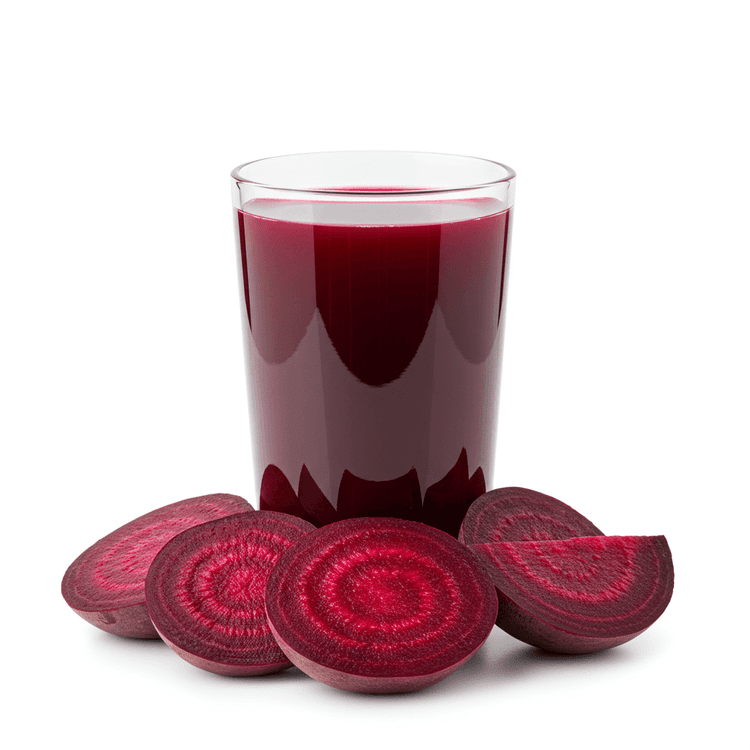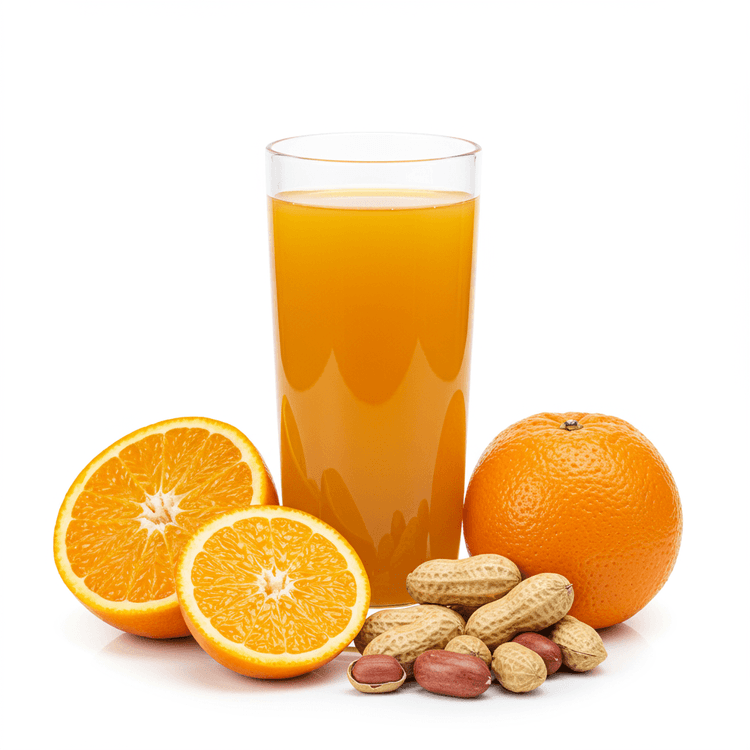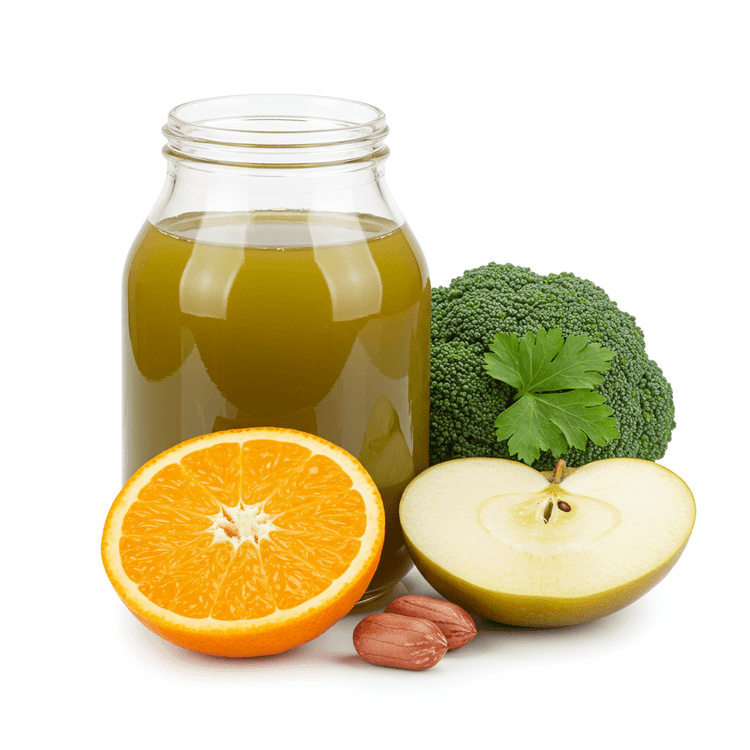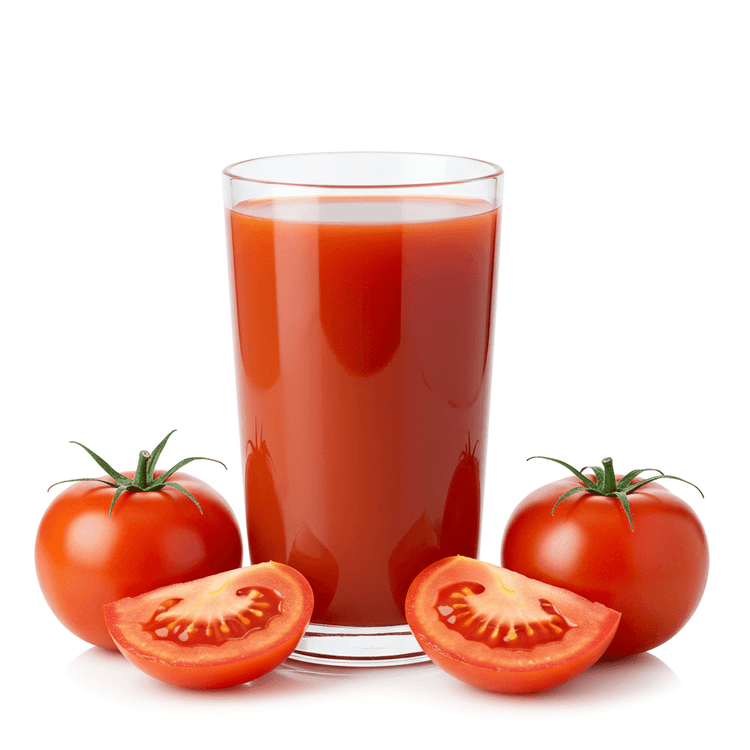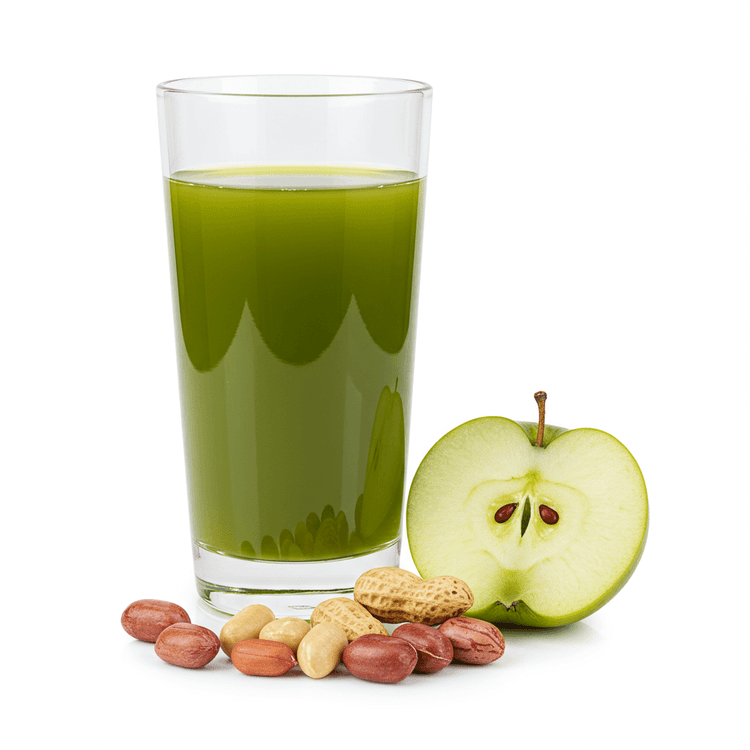
Vegetable Juice
Vegetable juice is a nutrient-rich liquid made by extracting the juice from fresh vegetables. It typically features a vibrant color, ranging from deep green to bright red, depending on the vegetables used, such as carrots, tomatoes, celery, or spinach. Known for its refreshing taste and smooth texture, vegetable juice is a popular choice for health-conscious individuals seeking a low-calorie, vitamin-packed beverage. It is often consumed as a standalone drink, a base for smoothies, or even as an ingredient in savory recipes. Packed with antioxidants, fiber, and essential nutrients, vegetable juice is a versatile and wholesome addition to any diet.
Common Uses
- Enjoy vegetable juice as a refreshing, nutrient-dense drink for breakfast or as a midday energy boost.
- Use vegetable juice as a base for soups, such as gazpacho or tomato-based broths, to enhance flavor and nutritional value.
- Incorporate vegetable juice into marinades for meats or tofu to add depth and a hint of natural sweetness.
- Blend vegetable juice with fruits and herbs to create unique, flavorful smoothies or mocktails.
- Add vegetable juice to stews, casseroles, or risottos for an extra layer of richness and a boost of vitamins.
Nutrition (per serving)
Nutrition (per serving)
Calories
50.0kcal (2.5%)
Protein
2.0g (4%)
Carbs
11.0g (4%)
Sugars
8.0g (16%)
Healthy Fat
0.3g
Unhealthy Fat
0.1g
% Daily Value based on a 2000 calorie diet
Nutrition (per serving)
Calories
50.0kcal (2.5%)
Protein
2.0g (4%)
Carbs
11.0g (4%)
Sugars
8.0g (16%)
Healthy Fat
0.3g
Unhealthy Fat
0.1g
% Daily Value based on a 2000 calorie diet
Health Benefits
- Supports hydration and provides essential vitamins like A, C, and K for overall wellness.
- Rich in antioxidants, which help combat free radicals and reduce inflammation.
- Promotes healthy digestion due to its fiber content and natural enzymes.
- Low in calories, making it a great choice for weight management and detox diets.
- Boosts immune system function with its nutrient-dense profile.
- Enhances skin health and vitality through its high vitamin and mineral content.
Chefadora AI is here.
Experience smarter, stress-free cooking.
Storage Tips
Vegetable juice should be stored in the refrigerator to maintain freshness and prevent spoilage. Keep it in an airtight container to preserve its flavor and nutritional value. If it's store-bought, follow the expiration date and consume within 3-5 days after opening. For homemade vegetable juice, consume within 24-48 hours for optimal taste and nutrient retention. Avoid freezing, as it may alter the texture and flavor.
